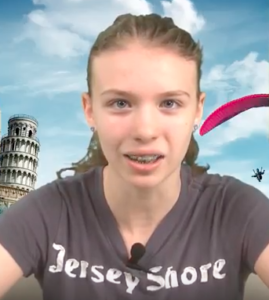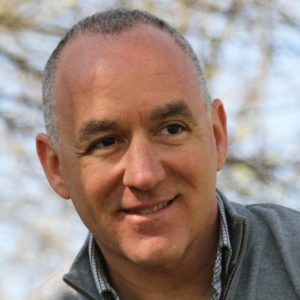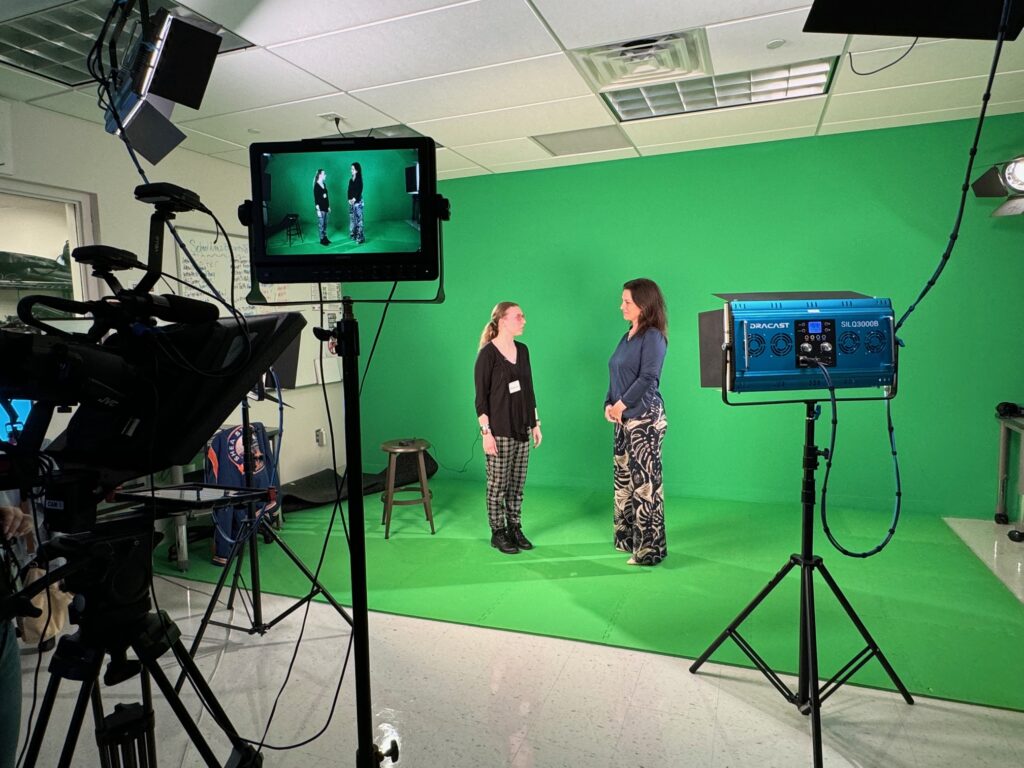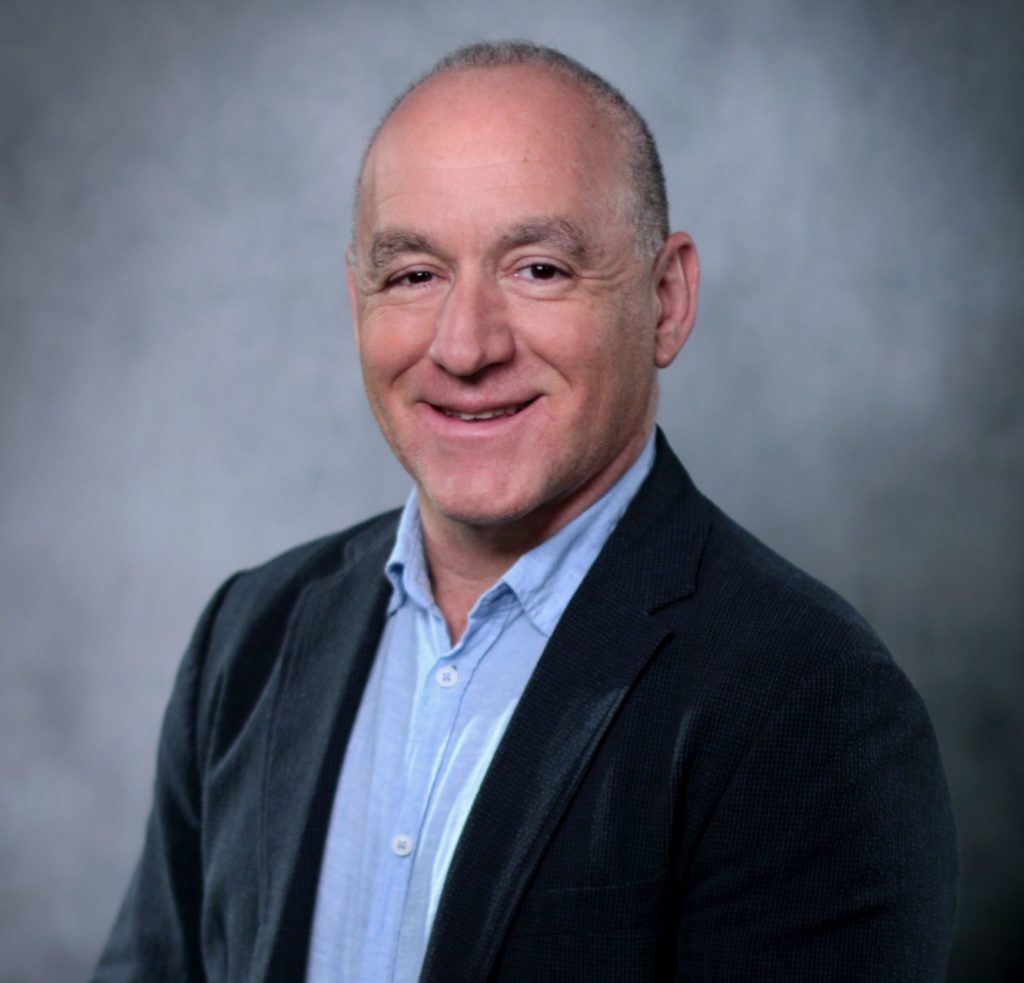When I first met Dominic it was immediately obvious that he has natural charisma. He has an easy smile and enjoys interacting with others. He is very direct, he’ll tell you honestly what he thinks, but he is never judgmental and always polite. Dominic has a playful look in his eye and a quick wit.
I knew he would do well on camera and his early performances confirmed that. However, he had an unusual speech pattern which impacted the impression that others had of him. He ended his sentences with a lagging upward inflection. This speech pattern was not unpleasant but it was noticeable and gave the impression of a much younger speaker.
Film studio staff felt that now that he was now in High School, it would be appropriate for Dominic to improve his communication skills in order to speak with a more typical adult inflection.
One o f the big advantages of having a Broadcast Media and Film Program as part of the A360 Upper School offerings is that it offers students the opportunity to improve their verbal and non-verbal communication skills through on camera video modeling. Our students often struggle with their communication skills but being on camera and performing focused practice on reading and performing a prepared script have proven to be very effective methods to quickly and dramatically improve eye contact, stance and confidence as well as tone, volume and natural modulation of voice.
f the big advantages of having a Broadcast Media and Film Program as part of the A360 Upper School offerings is that it offers students the opportunity to improve their verbal and non-verbal communication skills through on camera video modeling. Our students often struggle with their communication skills but being on camera and performing focused practice on reading and performing a prepared script have proven to be very effective methods to quickly and dramatically improve eye contact, stance and confidence as well as tone, volume and natural modulation of voice.
When our students see the results on camera and realize that staff, peers, and family are watching their performance, they build self-esteem and self-confidence which fosters continued improvement, and in many cases generalizes the skill to off camera speech. In other words, students will often apply their improved skills in other contexts like when speaking to friends, on the job, or in the community.
 I piloted a study on this Acting for the Camera program with Megan Maguire our lead ABA specialist and Dr. Gerhardt a well-known psychologist, a researcher in the field of autism, and longtime consultant for Spectrum360. We found that the improvement in language skills in students who had participated in our Acting for the Camera video program was significant. Here’s information about our Acting for the Camera classes and the rest of the FilmAcademy360 curriculum.
I piloted a study on this Acting for the Camera program with Megan Maguire our lead ABA specialist and Dr. Gerhardt a well-known psychologist, a researcher in the field of autism, and longtime consultant for Spectrum360. We found that the improvement in language skills in students who had participated in our Acting for the Camera video program was significant. Here’s information about our Acting for the Camera classes and the rest of the FilmAcademy360 curriculum.
To illustrate an example of how this program works, here’s a short video of Dominic, showing the hard work that he was willing to do to improve his speech and celebrating the great improvement that he made in his pattern of speech as we can see in this “before and after” video.
These types of achievements are at the core of what we do to continually help our students improve their lives, all 360 degrees of it — from academics, and social/life skills, to work readiness.
David D i Ianni has been teaching at Academy360 Upper School for the past nine years. He graduated with his Masters of Science in Education in 2016. As the Program Director of FilmAcademy360, he oversees the studio staff and directs instruction for students from multiple school districts including Academy360. David worked in broadcasting television internationally for many years before transitioning to education. When not at work, David enjoys time with his two children, including them in his favorite hobbies; hiking, painting, and guitar.
i Ianni has been teaching at Academy360 Upper School for the past nine years. He graduated with his Masters of Science in Education in 2016. As the Program Director of FilmAcademy360, he oversees the studio staff and directs instruction for students from multiple school districts including Academy360. David worked in broadcasting television internationally for many years before transitioning to education. When not at work, David enjoys time with his two children, including them in his favorite hobbies; hiking, painting, and guitar.


